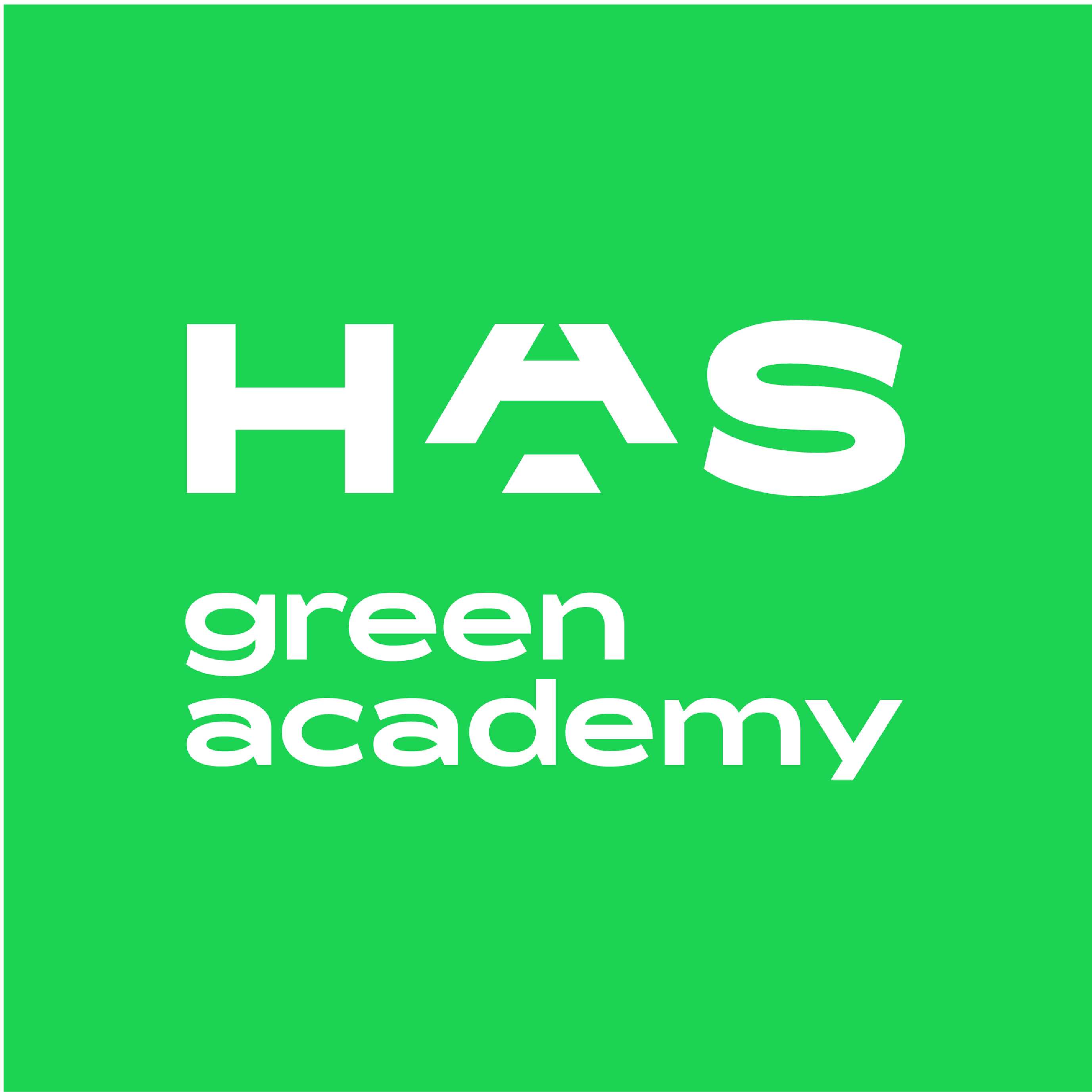We conducted a descriptive study among first-year engineering students at the Anton de Kom University of Suriname. We analyzed students’ errors regarding necessary prior knowledge in a calculus A exam. We found that the stage of the solution in which prior knowledge is required impacts the importance of prior knowledge. We also found that many errors concerned basic algebra and trigonometry concepts and skills. We concluded that even though the required prior knowledge concerns basic algebra and trigonometry, the stage of the solution in which prior knowledge is needed is of great importance.
DOCUMENT

The purpose of this study was to analyse knowledge management research trends to understand the development of the field using a combination of scientometric, bibliometric, and visualisation techniques, subsequently developing a normative framework of knowledge management from the results.282 articles between the years 2010–2015 were retrieved, analysed, and visualised to produce the state of knowledge management during the selected timeframe. The results of this study provide a visualisation of the current research trends to understand the development of the knowledge management discipline. There are signals that the literature about knowledge management is progressing towards academic maturity. This study is one of the first studies to combine bibliometric and scientometric methods to assess productivity along with visualisation, and subsequently provide a knowledge management framework drawing from the results of these methods.
MULTIFILE
MUSE supports the CIVITAS Community to increase its impact on urban mobility policy making and advance it to a higher level of knowledge, exchange, and sustainability.As the current Coordination and Support Action for the CIVITAS Initiative, MUSE primarily engages in support activities to boost the impact of CIVITAS Community activities on sustainable urban mobility policy. Its main objectives are to:- Act as a destination for knowledge developed by the CIVITAS Community over the past twenty years.- Expand and strengthen relationships between cities and stakeholders at all levels.- Support the enrichment of the wider urban mobility community by providing learning opportunities.Through these goals, the CIVITAS Initiative strives to support the mobility and transport goals of the European Commission, and in turn those in the European Green Deal.Breda University of Applied Sciences is the task leader of Task 7.3: Exploitation of the Mobility Educational Network and Task 7.4: Mobility Powered by Youth Facilitation.
Energy transition is key to achieving a sustainable future. In this transition, an often neglected pillar is raising awareness and educating youth on the benefits, complexities, and urgency of renewable energy supply and energy efficiency. The Master Energy for Society, and particularly the course “Society in Transition”, aims at providing a first overview on the urgency and complexities of the energy transition. However, educating on the energy transition brings challenges: it is a complex topic to understand for students, especially when they have diverse backgrounds. In the last years we have seen a growing interest in the use of gamification approaches in higher institutions. While most practices have been related to digital gaming approaches, there is a new trend: escape rooms. The intended output and proposed innovation is therefore the development and application of an escape room on energy transition to increase knowledge and raise motivation among our students by addressing both hard and soft skills in an innovative and original way. This project is interdisciplinary, multi-disciplinary and transdisciplinary due to the complexity of the topic; it consists of three different stages, including evaluation, and requires the involvement of students and colleagues from the master program. We are confident that this proposed innovation can lead to an improvement, based on relevant literature and previous experiences in other institutions, and has the potential to be successfully implemented in other higher education institutions in The Netherlands.
Designing cities that are socially sustainable has been a significant challenge until today. Lately, European Commission’s research agenda of Industy 5.0 has prioritised a sustainable, human-centric and resilient development over merely pursuing efficiency and productivity in societal transitions. The focus has been on searching for sustainable solutions to societal challenges, engaging part of the design industry. In architecture and urban design, whose common goal is to create a condition for human life, much effort was put into elevating the engineering process of physical space, making it more efficient. However, the natural process of social evolution has not been given priority in urban and architectural research on sustainable design. STEPS stems from the common interest of the project partners in accessible, diverse, and progressive public spaces, which is vital to socially sustainable urban development. The primary challenge lies in how to synthesise the standardised sustainable design techniques with unique social values of public space, propelling a transition from technical sustainability to social sustainability. Although a large number of social-oriented studies in urban design have been published in the academic domain, principles and guidelines that can be applied to practice are large missing. How can we generate operative principles guiding public space analysis and design to explore and achieve the social condition of sustainability, developing transferable ways of utilising research knowledge in design? STEPS will develop a design catalogue with operative principles guiding public space analysis and design. This will help designers apply cross-domain knowledge of social sustainability in practice.
Lectoraat, onderdeel van HAS green academy
